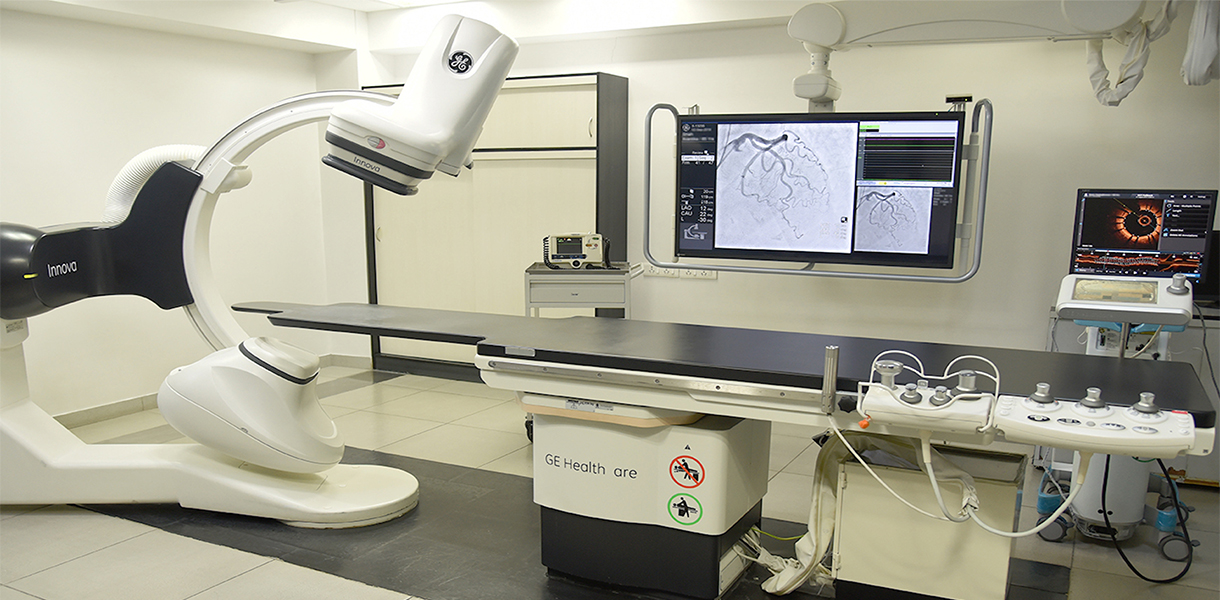Cardiology
A cardiologist who specialises in the diagnosis and treatment of cardiovascular diseases. Tests will be performed by a cardiologist, and may include procedures such as cardiac catheterization, angioplasty, or pacemaker implantation.
A person with heart failure or heart failure should be referred to a cardiologist.
Cardiology Treatment In India
Today, India has reached highly advanced treatments for many diseases including cardiovascular diseases. Doctors who choose to study and treat the cardiovascular system include cardiologists. Adult and paediatric cardiologists are different because they have slightly different training and techniques.
We were also one of the leading cardiovascular providers in India. Our cardiology unit is fully equipped and equipped with high-tech equipment and our specialists ensure that you receive the best possible treatment.
What Cardiology Treatment Includes?
Tests
This is list of test that require in cardiology treatment process:
Electrocardiogram (ECG or EKG)
An ECG is a quick and painless test that records electrical signals in the heart. It can detect if the heart is beating too fast or too slow.
Exercise test or stress test:
This refers to changes in heart rate at rest and during exercise. It measures cardiac output and limits.
Holter monitoring:
A Holter monitor is a portable ECG device worn for one or more days to record heart activity during daily activities. This test can detect abnormal heart rhythms that are not detected during routine ECG testing.
Echocardiogram:
This provides an ultrasound image of the structure in and around the heart, which can indicate how well the heart is working.
Magnetic resonance imaging (MRI):
Cardiac MRIs use computer-generated magnetic fields and radio waves to create detailed images of the heart.
What are the treatments in Cardiology?
CAG (Coronary Angiography):
- CAG is a scientific method used to visualise the inside of the coronary arteries.
- It includes injecting a evaluation dye into the arteries and taking X-ray pics (angiograms) to identify blockages or narrowing within the blood vessels presenting the coronary heart.
- CAG helps cardiologists diagnose coronary artery sickness (CAD), decide the severity of blockages, and plan further treatment.
CABG (Coronary Artery Bypass Grafting):
- CABG is a surgical treatment used to treat excessive coronary artery ailment.
- During CABG, a health care professional takes a healthy blood vessel (often from the leg or chest) and grafts it onto the coronary arteries beyond the blockage, developing a new pathway for blood to float to the coronary heart muscle.
- CABG improves blood drift to the heart, relieves angina (chest ache), and reduces the threat of heart attack.
CVTS (Cardiovascular Thoracic Surgery):
-
Cardiovascular and Thoracic Surgery (CVTS) is a surgical specialty focusing on the heart, lungs, and chest. It offers a broad range of procedures, including coronary artery bypass grafting (CABG), heart valve repair or replacement, congenital heart defect correction, aortic aneurysm repair, and lung surgery.
-
CVTS surgeons are highly skilled in performing complex procedures that require specialized techniques and advanced technology. These surgeries play a vital role in treating various heart conditions and improving patients' quality of life.
-
The choice of treatment depends on several factors, including the patient's medical history, the severity of the condition, and the combined decision of the medical team and the patient.




